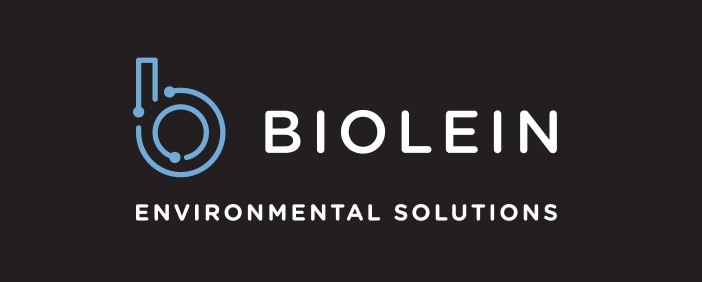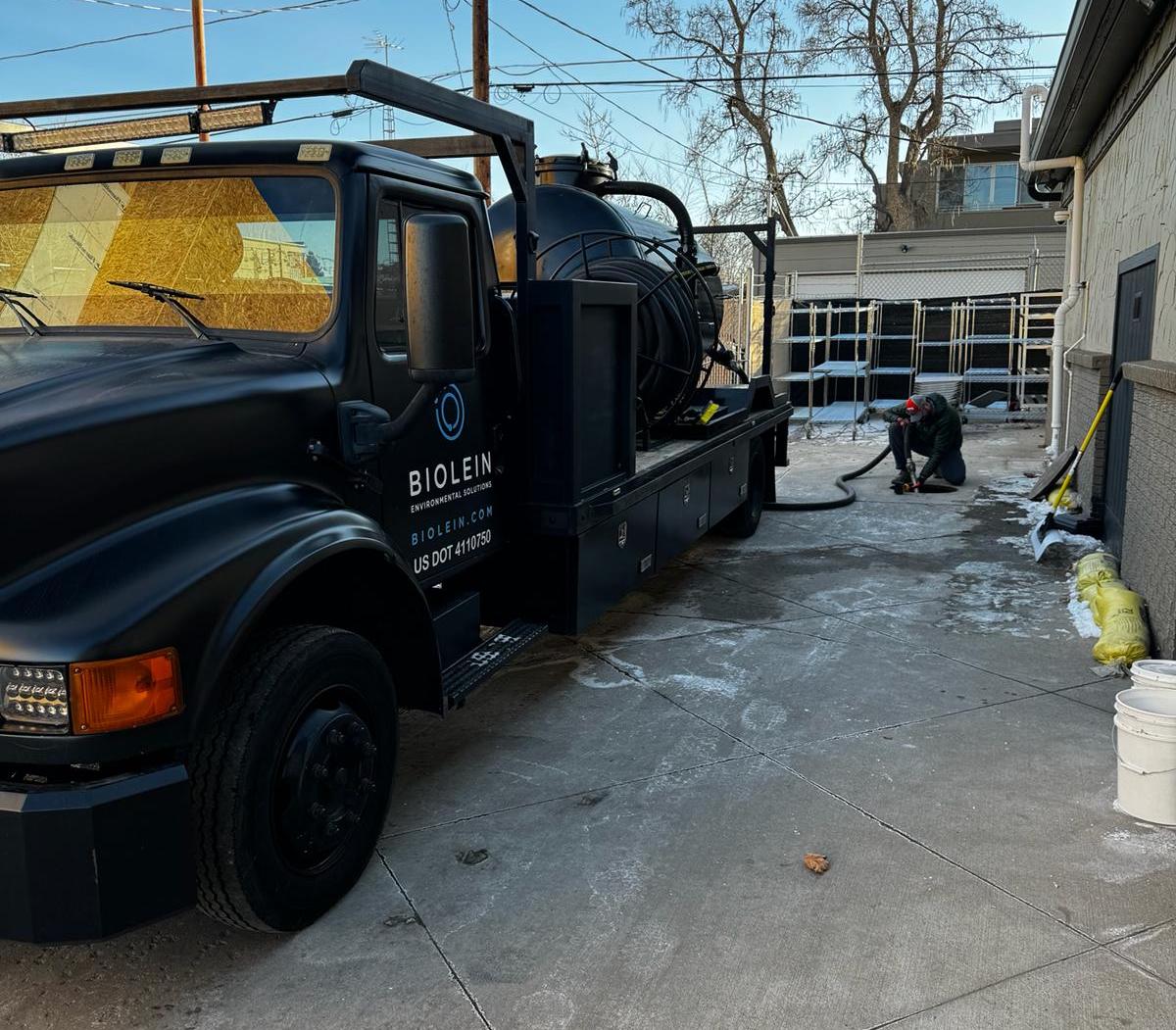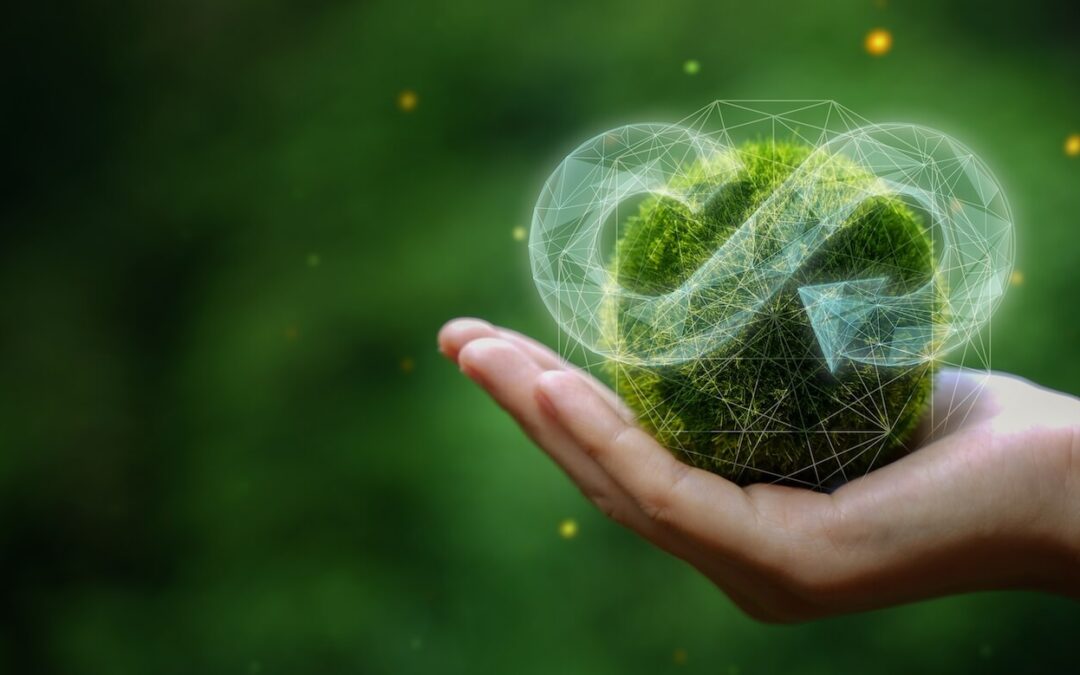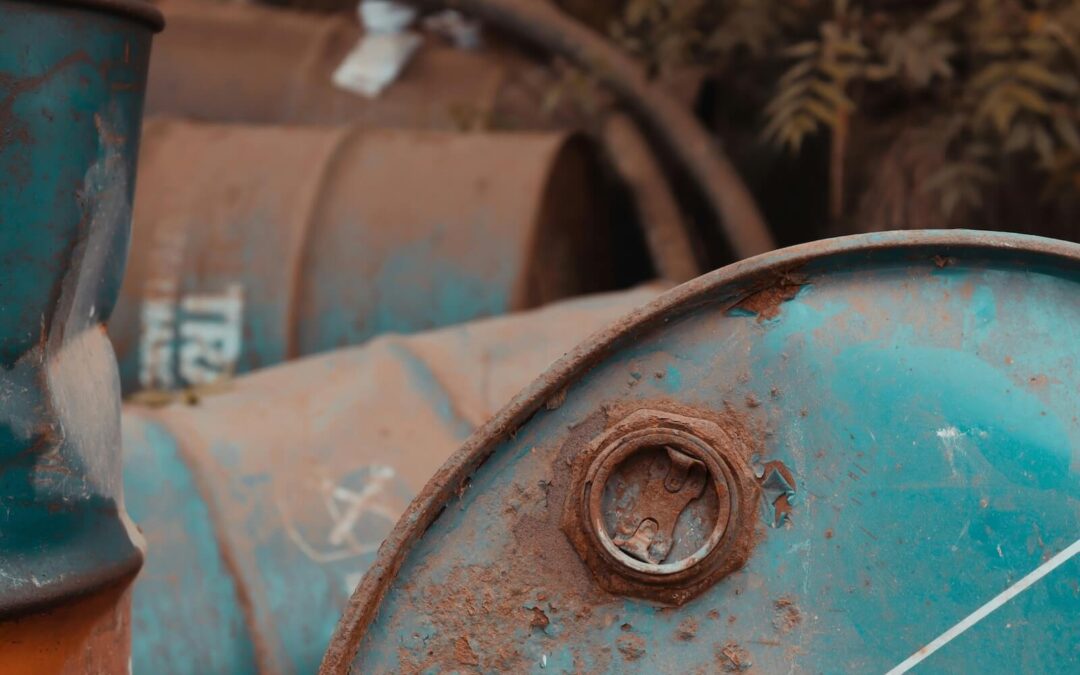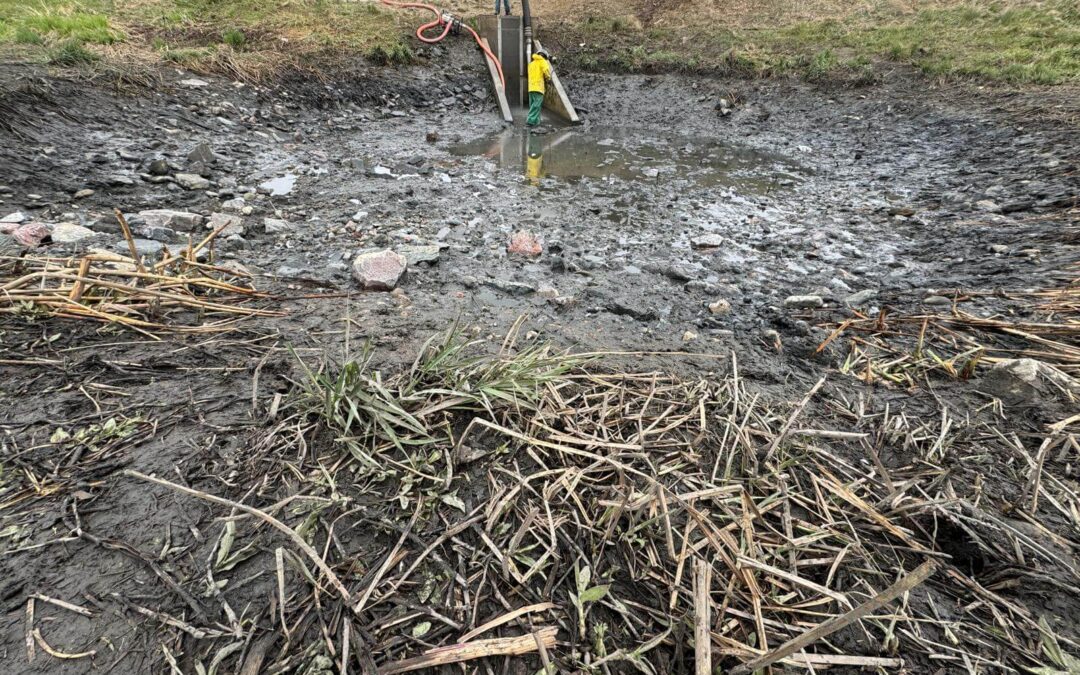Not everything belongs in the trash, and that’s especially true for hazardous chemicals. Whether you’re cleaning out a garage, shutting down an old business site, or simply unsure what to do with leftover chemicals, knowing how to dispose of chemicals safely is critical.
Improper disposal of household, industrial, and commercial chemicals can lead to environmental contamination, health hazards, and even legal consequences. If you’ve come across a chemical product, solvent, or unidentified liquid that you don’t want to throw in the trash, here’s what you need to know to handle it the right way.
Step 1: Identify the Chemical
Before you can figure out the best disposal method, you need to determine exactly what you’re dealing with. Here’s how to start:
- Check the Label – Most chemical containers include hazard symbols, safety warnings, and disposal instructions. Look for terms like flammable, toxic, corrosive, or reactive.
- Look Up the SDS (Safety Data Sheet) – If you have a commercial or industrial chemical, you can often find its Safety Data Sheet online, which outlines the chemical’s hazards and disposal recommendations.
- Examine the Packaging – If the label is missing or unreadable, check for identifying numbers, brand names, or manufacturer details to help research the contents.
- Be Cautious with Unknown Substances – If you’re dealing with an unmarked bottle or old container, assume it’s hazardous and handle it with extreme care.
If you’re unable to determine the chemical, you may need to contact a waste disposal specialist like Biolein for a professional assessment.
Step 2: Understand Why It’s Hazardous
Many chemicals pose serious risks if dumped, burned, or improperly handled. Some of the most common hazardous chemicals found in homes, businesses, and industrial settings include:
1. Household Chemicals
- Paints, stains, and varnishes
- Pesticides and herbicides
- Cleaning products with bleach, ammonia, or solvents
- Motor oil, antifreeze, and gasoline
- Pool chemicals
2. Industrial & Commercial Chemicals
- Acids and bases
- Solvents and degreasers
- Flammable or explosive compounds
- Mercury-containing devices
- Medical and pharmaceutical waste
These chemicals can contaminate soil, groundwater, and air if not disposed of properly. In some cases, they can even cause fires, toxic fumes, or chemical reactions if mixed with other substances in landfills or drains.
Step 3: Check Local Hazardous Waste Disposal Rules
Chemical disposal isn’t a one-size-fits-all process. The regulations for hazardous waste disposal vary depending on where you live and what type of chemical you have.
Where to Find Disposal Guidelines
- Your Local Waste Management Agency – Most counties and municipalities offer hazardous waste drop-off locations or scheduled collection events.
- State Environmental Protection Agency (EPA) Resources – Your state’s environmental agency may provide guidance on business and industrial waste disposal.
- Landfill or Recycling Center Directives – Some materials can be taken to specific facilities, while others require special transportation and processing.
Illegal Disposal Methods to Avoid
- Do NOT Pour Chemicals Down the Drain – This can contaminate water supplies and damage plumbing.
- Do NOT Throw Hazardous Waste in Regular Trash Bins – Many chemicals can react with other materials, leading to fires, toxic gas emissions, or groundwater pollution.
- Do NOT Dump Waste on Private or Public Land – Illegal dumping can result in hefty fines, environmental damage, and legal repercussions.
Step 4: Utilize Hazardous Waste Disposal Services
For chemicals that cannot be taken to a standard disposal center, you may need professional hazardous waste disposal services. Biolein specializes in the safe handling, transportation, and disposal of dangerous materials, ensuring compliance with all environmental regulations.
When to Call a Professional Disposal Service
- You have large quantities of hazardous waste.
- The chemical is highly toxic, reactive, or flammable.
- You’re dealing with unknown or mixed chemicals that require testing.
- You need certified hazardous waste disposal for a business or industrial site.
Hiring a licensed waste management provider guarantees that your hazardous materials are properly neutralized, contained, and disposed of, eliminating risks to your health, property, and the environment.
Step 5: Consider Eco-Friendly Disposal Alternatives
Some hazardous materials can be recycled or repurposed instead of thrown away. Consider these alternatives before disposal:
1. Chemical Recycling Programs
Many cities offer paint recycling programs that allow leftover paint to be reprocessed into new products. Used motor oil and antifreeze can often be recycled at auto shops or designated collection sites.
2. Household Hazardous Waste Events
Some municipalities host free hazardous waste collection days, allowing residents to safely dispose of paints, cleaners, and chemicals at no cost.
3. Safe Donation Options
Unopened, usable chemicals (such as cleaning supplies, solvents, or pool chemicals) can sometimes be donated to local businesses, charities, or community centers that need them.
What Happens if You Ignore Proper Disposal?
Ignoring hazardous waste disposal laws can lead to serious consequences, including:
- Fines and Legal Penalties – Improper disposal of hazardous materials can violate local, state, and federal laws, leading to costly fines or legal action.
- Environmental Contamination – Chemicals dumped in landfills or down drains can pollute drinking water, harm wildlife, and damage ecosystems.
- Health and Safety Hazards – Exposure to certain chemicals can cause respiratory problems, burns, poisoning, or long-term health risks.
Proper chemical disposal is about more than following the rules — it’s about protecting your community and the environment.
Stay Safe & Dispose Responsibly
When you find a chemical you no longer want, don’t just toss it in the trash — take the time to identify it, research disposal options, and follow safe handling procedures.
If you need help with hazardous waste disposal, industrial waste management, or environmental compliance, Biolein is here to provide expert guidance and professional disposal services. Contact us today for safe and compliant hazardous waste disposal!
Biolein has become a trusted partner for hydrovac excavation, environmental waste management, environmental consultation for hazardous waste, and drainage solutions across Colorado and beyond. We’re not just an environmental services company in Denver — we’re the team you can count on to tackle the tough jobs and keep things running smoothly.
